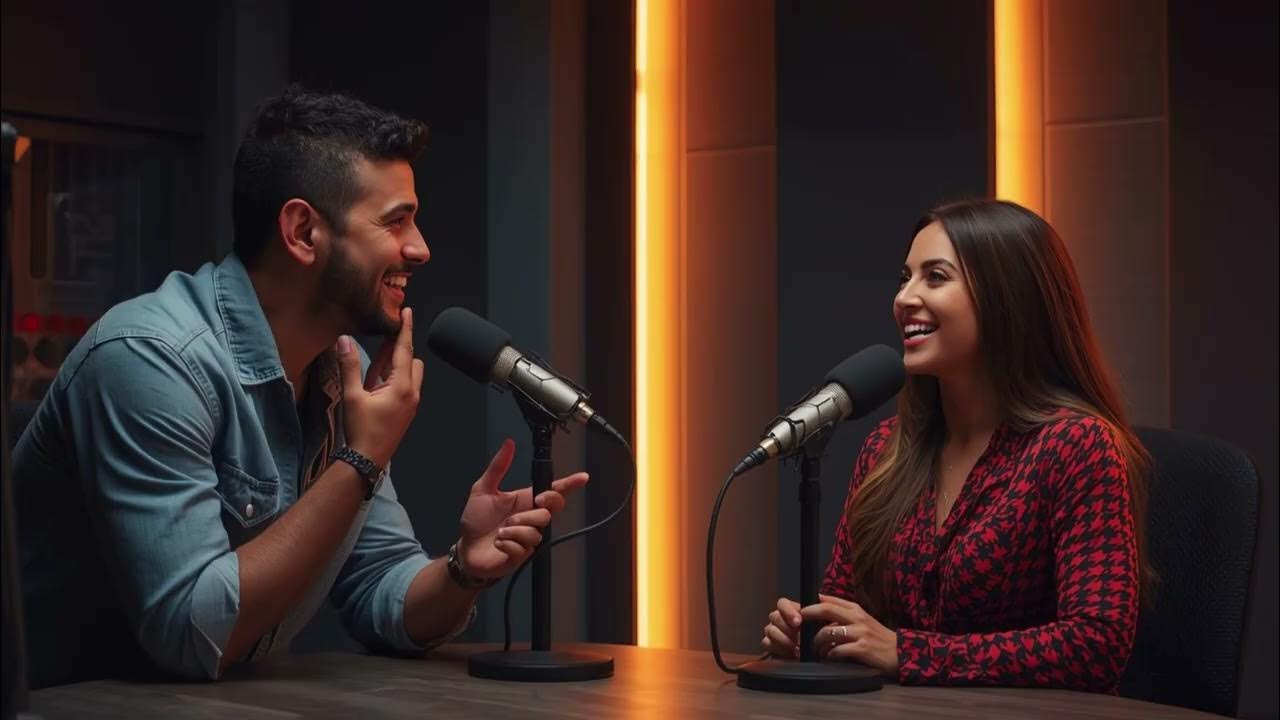Evaluating Sources on the World Wide Web
Summary
TLDRIn the digital age, learners must develop skills in critical thinking, communication, and digital literacy to succeed. The script emphasizes the importance of becoming 'internet detectives,' evaluating sources on the web for reliability. It advises checking URLs, looking for author credentials, and comparing information across sites. The goal is to discern between trustworthy and questionable sources, ensuring research is based on unbiased, timely, and accurate information.
Takeaways
- 🌐 In the digital age, learners must develop skills in digital literacy, inventive thinking, and effective communication.
- 🤔 Students need to apply critical and creative thinking skills to solve problems and make ethical decisions about information.
- 🏆 Independence in learning, inquiring, and researching is essential for broadening knowledge and understanding.
- 🔍 As novice researchers, it's crucial to know where to look for reliable and useful information.
- 🕵️♂️ Learners must become 'internet detectives' to navigate and evaluate the information found online.
- 🔗 When evaluating sources, start by examining the URL to determine if it's a personal page or from an educational, government, or commercial domain.
- 📅 Look for an 'About Us' section and check the date when the page was last updated for currency.
- 👤 Search for the author's name or the organization responsible for the information to verify credibility.
- 📊 Compare sites to ensure facts and statistics are accurate and up-to-date.
- 🔎 Use search engines to find out what others say about the site and check for links to additional resources or related viewpoints.
- 🗓️ Use tools like the Wayback Machine to see how the site has evolved over time and assess its trustworthiness.
- 🧐 Consider the purpose and tone of the site, and whether the information is unbiased, timely, and reliable.
Q & A
What are the key skills learners need to develop in the 21st century according to the transcript?
-Learners need to develop digital age literacies, inventive thinking, and effective communication skills to produce high-quality products.
How does the transcript describe the necessity of critical and creative thinking in students?
-Students must apply thinking skills critically and creatively to solve problems and make reasoned ethical decisions about information.
What does the transcript suggest is essential for novice researchers when conducting research?
-It is essential for novice researchers to show independence in learning, inquiring, and researching to broaden their knowledge of the world.
What is the first step the transcript recommends when evaluating sources on the worldwide web?
-The first step is to look at the URL or uniform resource locator to determine the type of site, such as personal, educational, government, or commercial.
What are some clues the transcript suggests to identify personal pages on the internet?
-Clues include a personal name followed by a tilde (~), a percent sign (%), or words like 'users', 'members', or 'people'. Also, look for an ISP like 'aol.com' or 'geocities.com'.
How can one determine the credibility of a website according to the transcript?
-One can determine credibility by checking the domain type (.edu, .gov, .com, .org, etc.), looking for an 'About Us' section, checking the date of the last update, and verifying the author's credentials.
What does the transcript advise regarding the author's qualifications when evaluating a website?
-The transcript advises to find out what qualifications the author of the site possesses and to look for links to additional resources or related links.
How can one ensure that the information on a website is up to date, as suggested by the transcript?
-One should look for dates on all pages of the site and compare sites to ensure that facts and statistics are accurate.
What method does the transcript recommend to find out what others say about a website?
-The transcript recommends using search engines like Google or Yahoo and typing 'link:' followed by the URL to see which other sites are linked to the one in question.
What is the purpose of using the Wayback Machine as mentioned in the transcript?
-The Wayback Machine is used to discover what the site looked like in the past to evaluate its credibility and changes over time.
How should researchers approach the tone and purpose of a website according to the transcript?
-Researchers should be aware of the site's purpose (to inform, explain, persuade, sell, etc.) and consider the tone (humorous, argumentative, etc.) to evaluate its trustworthiness.
What final question does the transcript pose to researchers about the reliability of a website?
-The final question is whether the website provides unbiased, timely, and reliable information that the researcher can trust.
Outlines

This section is available to paid users only. Please upgrade to access this part.
Upgrade NowMindmap

This section is available to paid users only. Please upgrade to access this part.
Upgrade NowKeywords

This section is available to paid users only. Please upgrade to access this part.
Upgrade NowHighlights

This section is available to paid users only. Please upgrade to access this part.
Upgrade NowTranscripts

This section is available to paid users only. Please upgrade to access this part.
Upgrade Now5.0 / 5 (0 votes)





